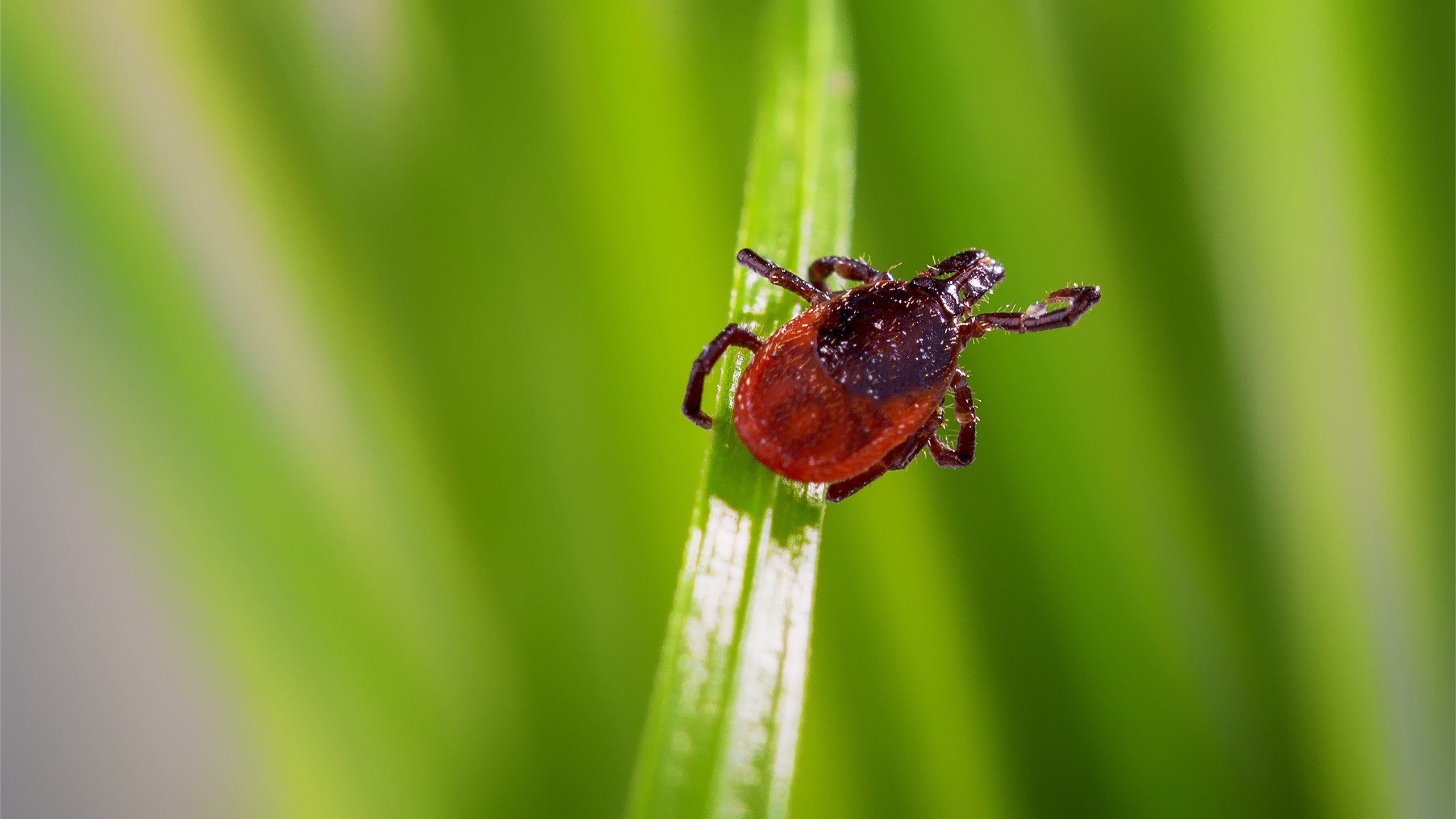A Tick Virus That Caused Rare Neurological Symptoms Killed A Maine Resident.

According to state health officials, a person in Maine died as a result of an infection with a rare tick-borne virus.
The person was hospitalised with Powassan virus, a tick-borne disease that sickens about 25 people in the United States each year, according to the Maine Center for Disease Control and Prevention on Wednesday.
Although many people infected with the virus show no symptoms, the disease can cause severe inflammation of the brain and spinal cord. The patient in Maine developed neurologic symptoms and died in the hospital, according to state health officials.
According to the statement, the patient became infected with the Powassan virus in Maine. Although Maine has only identified 14 cases of the virus since 2010, the annual number of cases affecting the brain has been increasing nationally since 2015, according to CDC data.
“Ticks are active and looking for a host to bite right now,” said Nirav D. Shah, director of the Maine CDC. “I urge Maine residents and visitors to take precautions against tick bites.”
What you should know about the Powassan virus
Powassan virus is transmitted to humans through tick bites. According to the CDC, these may include blacklegged or deer ticks, groundhog ticks, or squirrel ticks, which are mostly found in the eastern United States.

Those who become ill from the virus usually develop symptoms between one week and one month after being bitten by a tick. Early signs and symptoms may include:
Headache
Vomiting\sWeakness
There is no specific treatment for Powassan virus infection, but it is critical to seek medical attention if you suspect you are infected. In some cases, the virus can cause severe disease, resulting in symptoms such as:
- Confusion
- Coordination problems
- Seizures with difficulty speaking
- According to the CDC, one out of every ten cases of severe disease caused by the Powassan virus is fatal. Half of those who survive a severe bout of the illness report ongoing health issues.
The best way to avoid the virus and other tick-borne diseases is to avoid tick bites. Use EPA-approved insect repellent in wooded and bushy areas with tall grass, and always perform tick checks after spending time outside.










